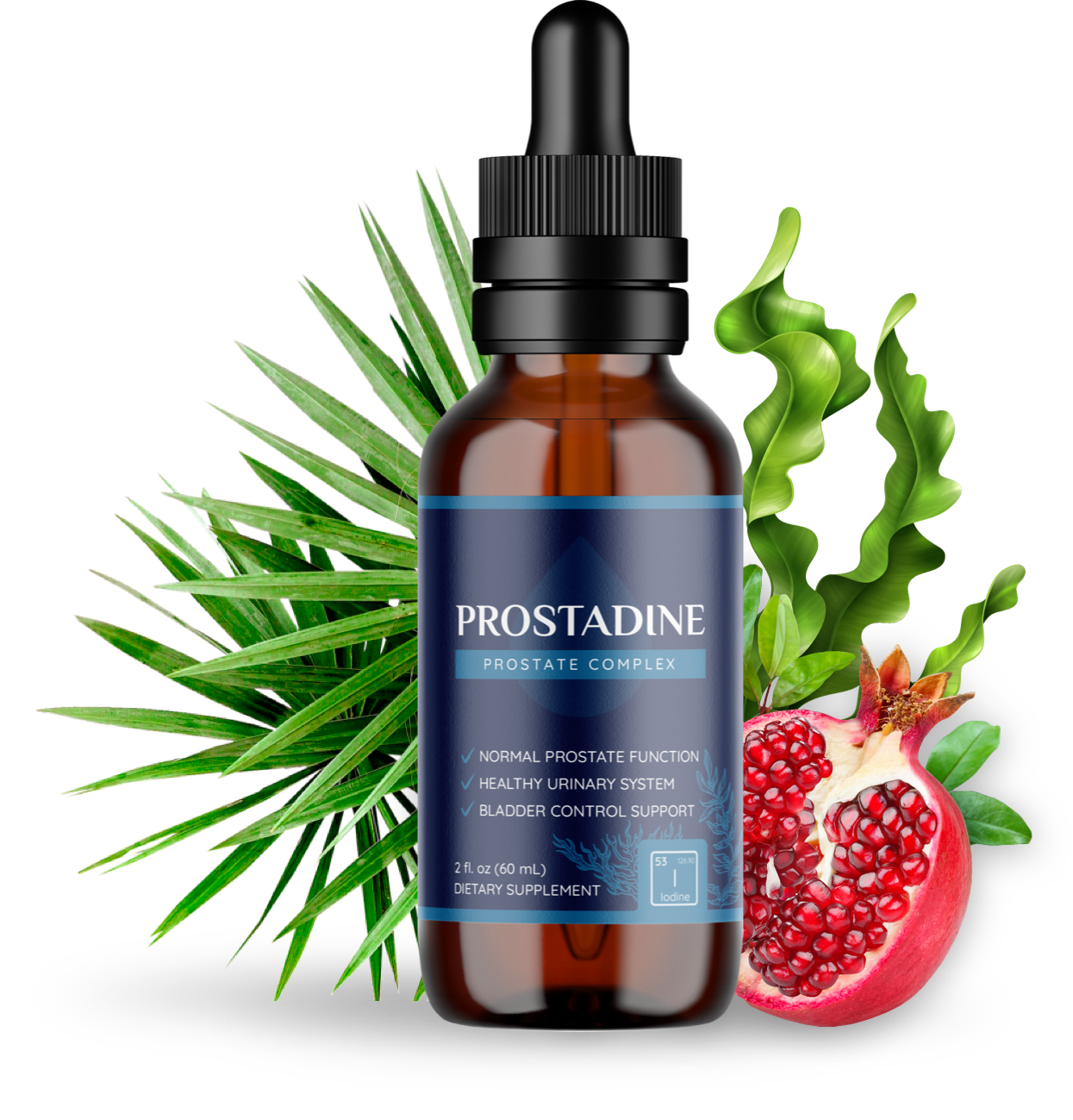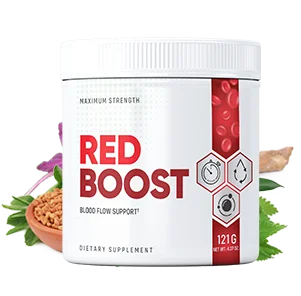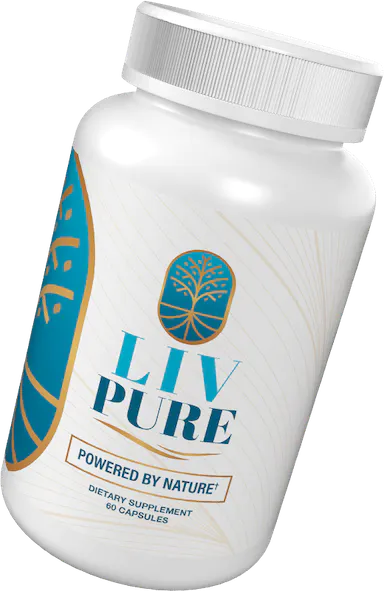Beef tallow is being used more often in cooking due to the seed oil debate. But is beef tallow actually good, or is it just another trend?
The post Should You Cook With Beef Tallow? Here’s What A Dietitian Has to Say appeared first on MyFitnessPal Blog.
If you’ve been on nutrition social media lately, you’ve probably seen influencers claiming that seed oils are bad for you and that beef tallow is better. They’re saying that seed oils are inflammatory and toxic. But the science suggests most of these claims may be wildly overblown.
Yet, the people all worked up about seed oils (and their many online followers) are turning to other sources of fat to cook with—one of the most popular substitutes being beef tallow.
Influencers claim that beef tallow is anti-inflammatory and doesn’t raise cholesterol. If that doesn’t sound quite right to you, you aren’t alone. Plenty of people still remember when fast food restaurants stopped using beef tallow in the 90s in response to health advocates who wanted to stop the rise in heart disease (15).
But the tide of public opinion has turned, and now a lot of people think beef tallow is actually good for you. Is there any truth to that or is this just another health fad? We turned to the real experts— dietitians—to find out.
So, What is Beef Tallow Anyway?
Beef tallow is a rendered form of beef fat that is solid at room temperature. Like butter and lard, it’s primarily saturated fat. It’s made by removing, simmering, and clarifying the fatty tissue of cows to create a thick, oily consistency very similar to lard (1).
Beef tallow has a high smoke point (1), making it effective for high-heat cooking methods such as:
- Frying
- Deep frying
- Roasting
- Grilling
- Sautéing
You might also like
Pros and Cons of Beef Tallow
Beef tallow might have some potential health benefits, but these must be weighed against its risks, particularly regarding heart health. “We don’t have a lot of quality research on beef tallow and its effect on humans,” says MyFitnessPal registered dietitian Emily Sullivan.
Possible Benefits of Beef Tallow
Beef tallow contains stearic acid, and there is some research that suggests stearic acid might have a cholesterol-lowering effect (2). Yet, Sullivan says more research on the topic is needed to confirm this claim.
“Beef tallow does contain small amounts of vitamins, but not a significant amount in a 1 tbsp serving,” Sullivan says.
Additionally, beef tallow is a source of conjugate linoleic acid, which is a form of polyunsaturated fat that may reduce inflammation (3). Sullivan says most of the research on conjugate linoleic acid’s benefits has been conducted on animals in a lab setting, so research on humans is necessary before we can say it reduces inflammation in people.
Overall, although there may be a few benefits to cooking with beef tallow, most of these benefits are not fully science-backed and seem to be relatively insignificant
Recommended Story For You :

The alpine secret for healthy weight loss

The Most Potent Fast-Acting Formula For Incinerating Stubborn Fat

Real Cortexi Users Real Life‑Changing Results

This Cold Drink Might Trigger Your Prostate

Red Boost is a powerful new formula for boosting male sexual health.

Everything you eat or drink eventually reaches your liver for processing.

Brand New Probiotics Specially Designed For The Health Of Your Teeth And Gums
